Current Market Data

Nationally, housing prices were also on the rise, according to the S&P CoreLogic Case-Shiller U.S. National Home Price NSA Index.

Seattle and Tacoma were among the top 50 most competitive rental markets in 2021, according to a year-end report from RentCafé.
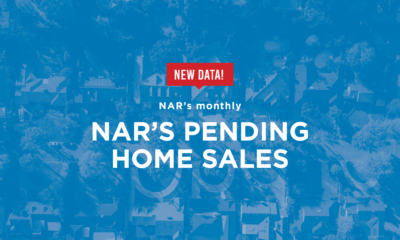
“There was less pending home sales action this time around, which I would ascribe to low housing supply, but also to buyers being hesitant about home prices,” National Association of REALTORS® chief economist Lawrence Yun said.

“Fewer homes are selling because of a lack of supply, while demand remains strong.” — Redfin chief economist Daryl Fairweather
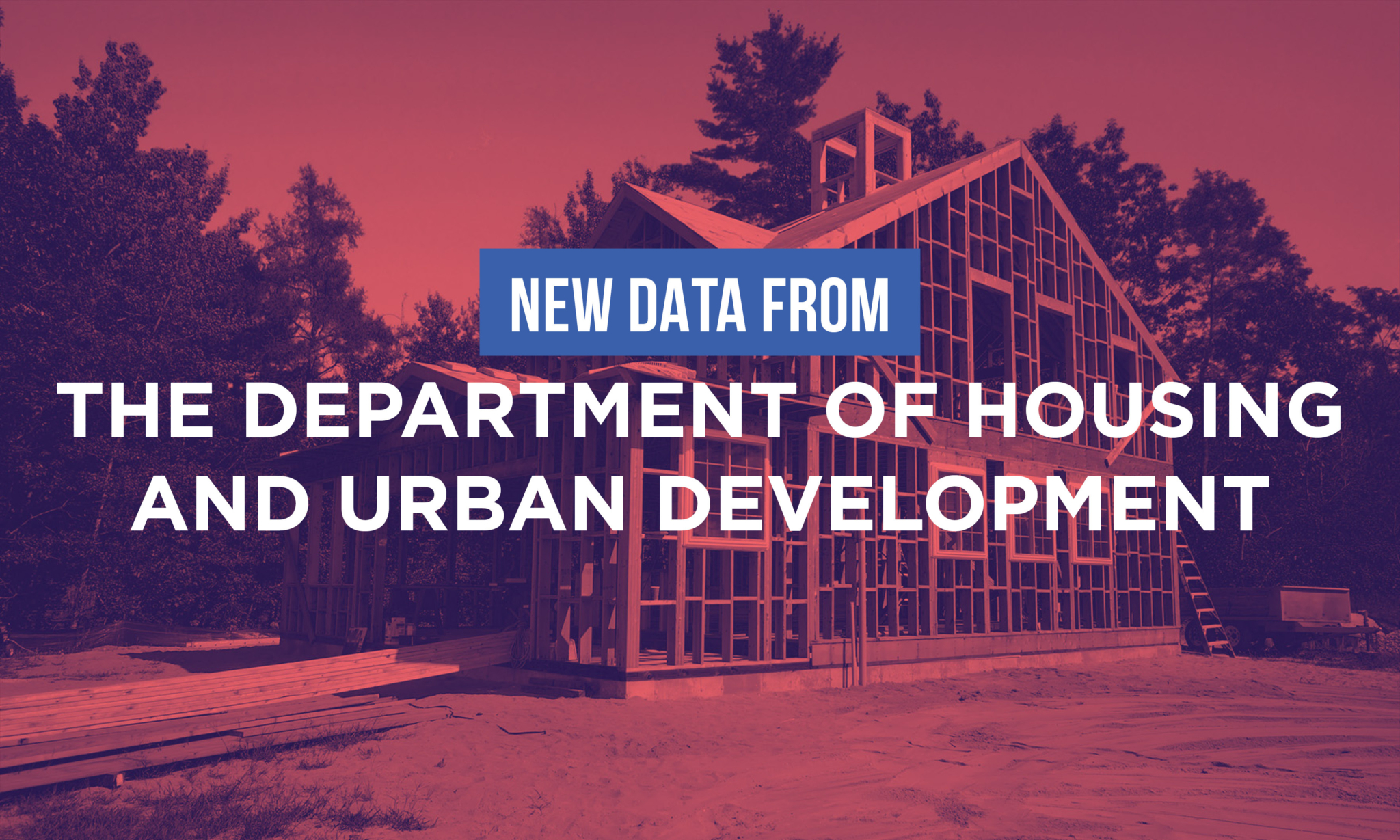
The median sales price of new homes hit a new high of $416,900.

The holiday season has done little to deter home buyer demand as the number of real estate showings at new property listings is heating up across the country. New listings in 13 housing markets averaged double-digit showings in November, according to the latest data from ShowingTime.
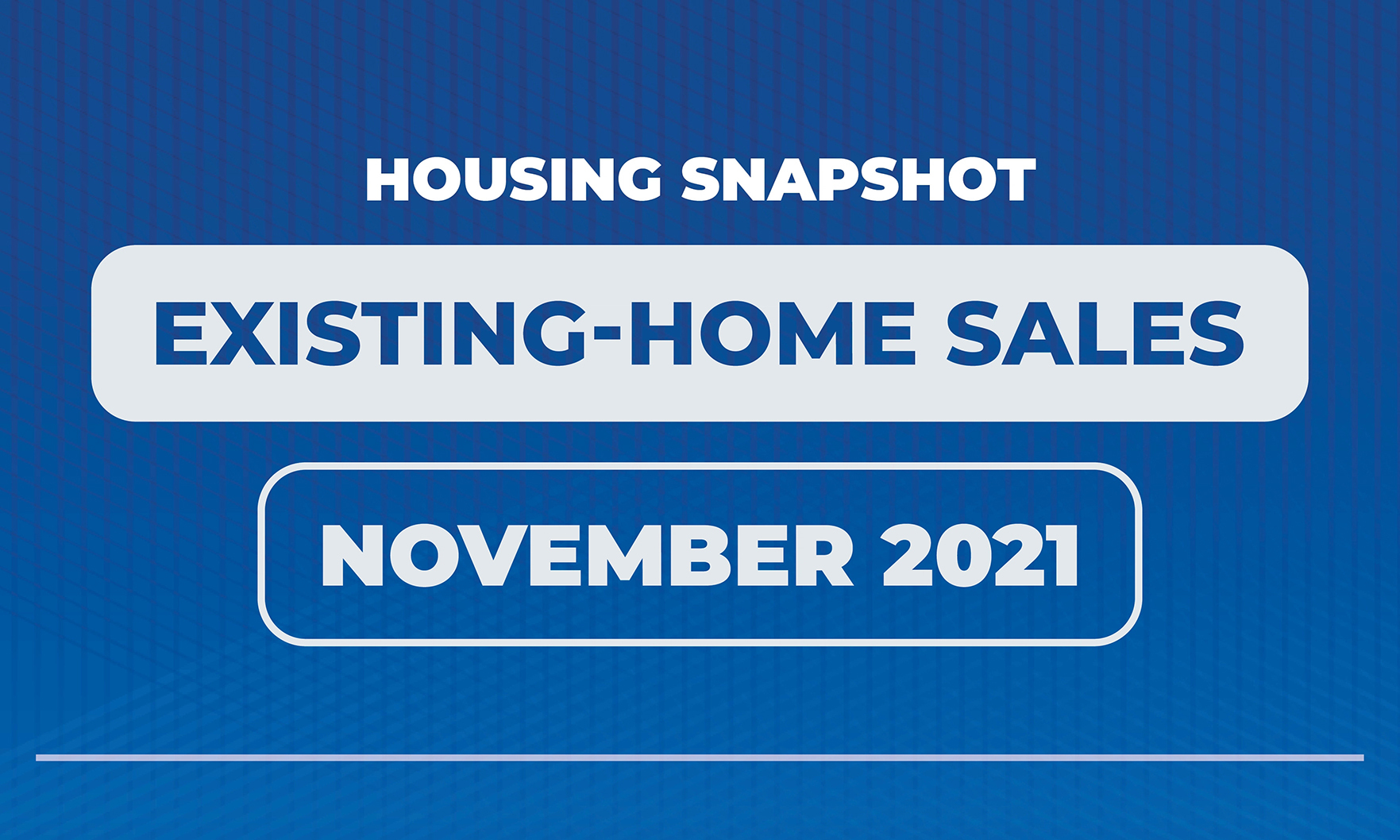
The median existing-home sales price for all housing types rose again on an annual basis, marking 117 consecutive months of gains.
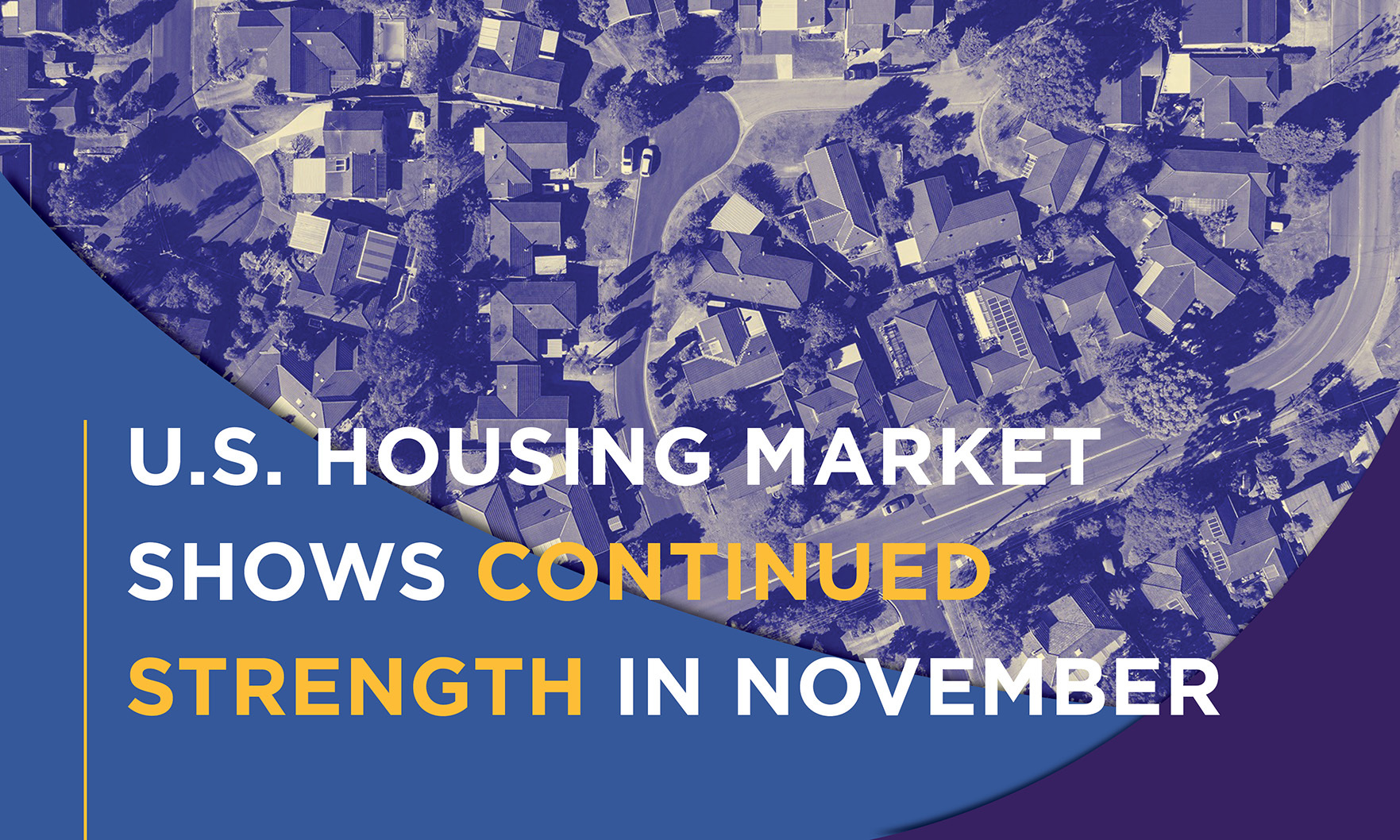
“The market is roaring along, with only half the seasonal slowdown we typically see from October to November.” — RE/MAX LLC President Nick Bailey

The median sale price for homes in the North Seattle market is $775,000, a 3.3% increase from last year, according to a recent Redfin report.
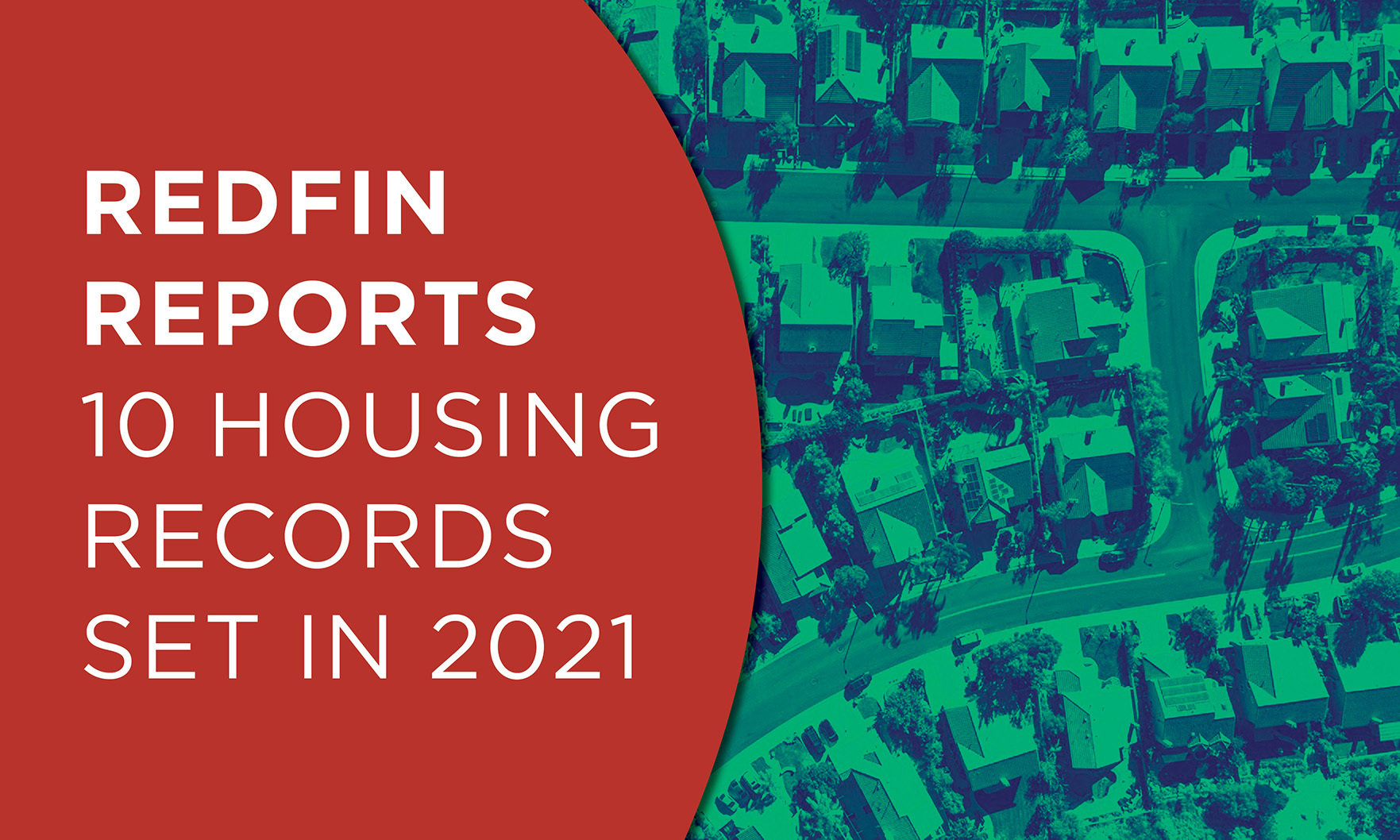
The pandemic and work-from-home orders have changed where, when and why people buy homes. As a result, housing prices hit the highest median of all time in 2021, as the number of homes for sale fell to an all-time low and the demand for second homes surged, according to a new Redfin report.

“November’s housing starts report signals strength for the housing market.” — First American deputy chief economist Odeta Kushi
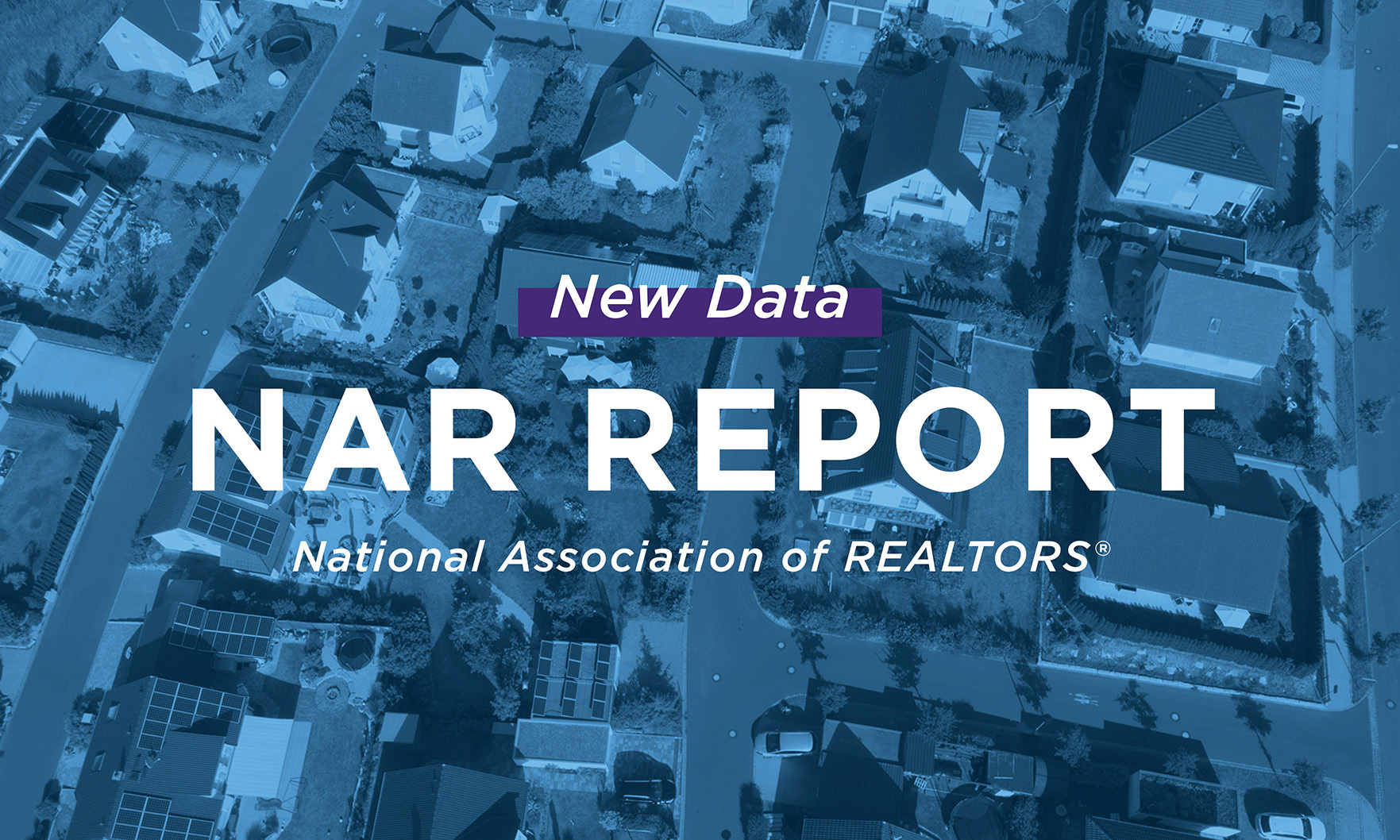
In unveiling its predictions, the National Association of Realtors also released its top 10 housing-market “hidden gems” for 2022.

As the Seattle real estate market eases into its usual winter hiatus, high home prices and mortgage rates, low inventory and stiff competition continue to stand in the way of seasoned homeowners and first-time home buyers.
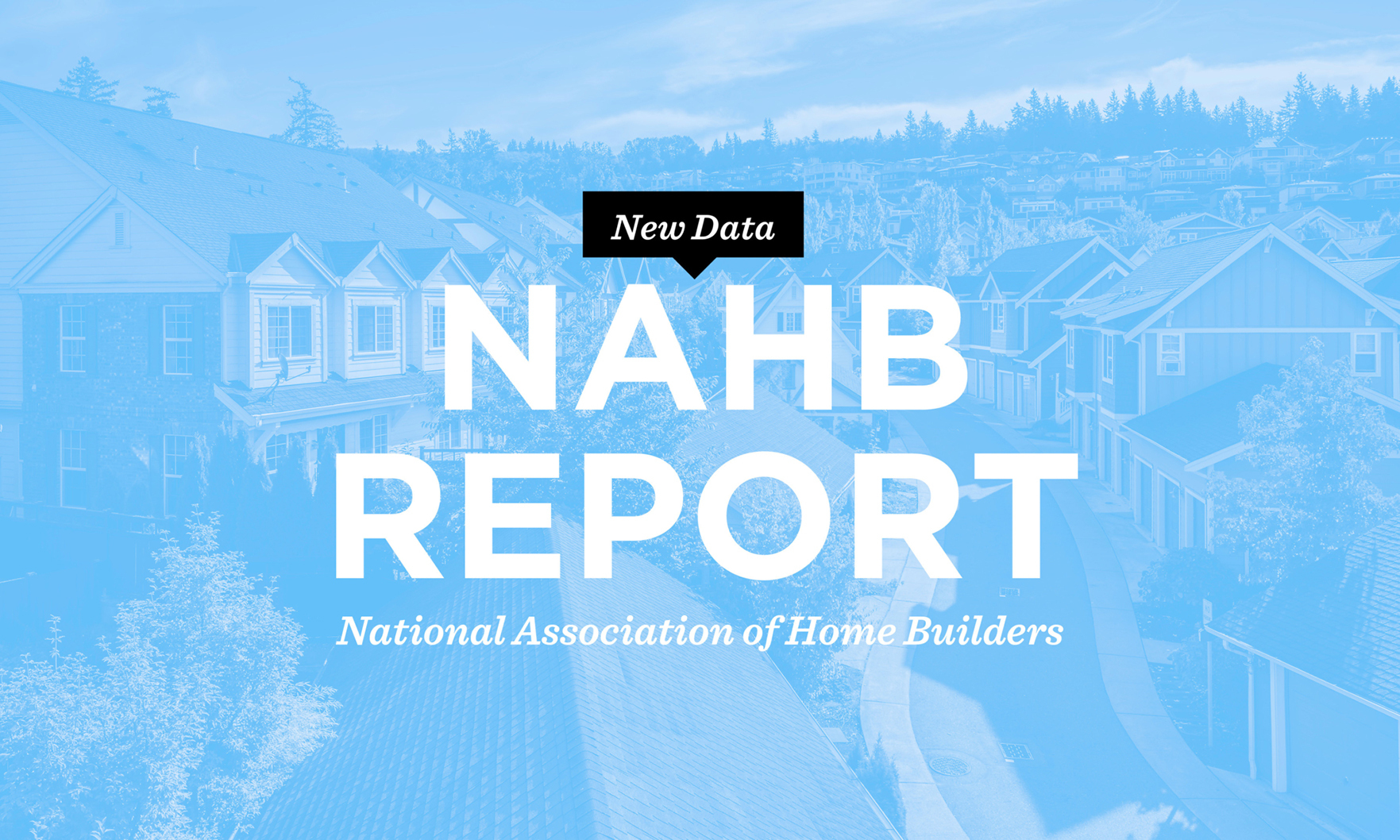
“While 2021 single-family starts are expected to end the year 24% higher than the pre-Covid 2019 level, we expect higher interest rates in 2022 will put a damper on housing affordability.” — NAHB chief economist Robert Dietz

Millennials are at the greatest risk of becoming house-rich and cash-poor as the generation is spending the highest percentage of their monthly income on homeownership costs compared to other generations, according to a new Hometap report.

Despite those challenges, there are signs the market continues to shift toward more seasonable norms.
